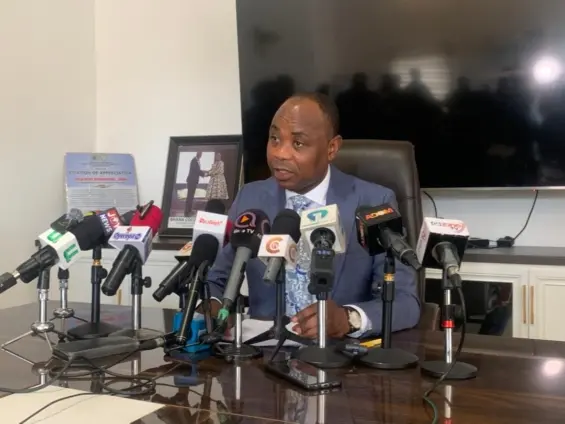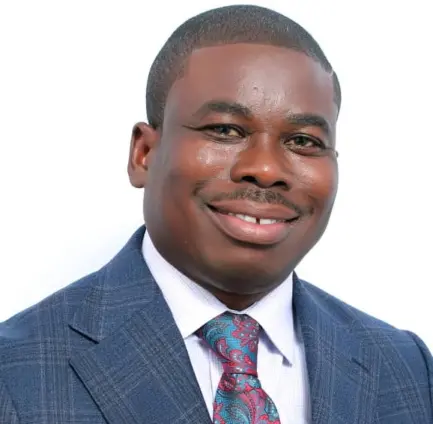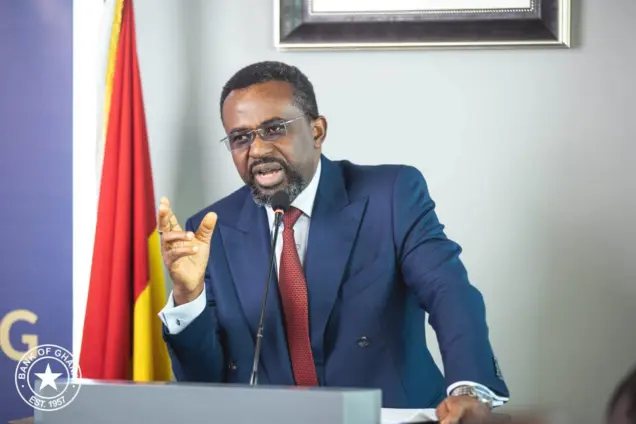In the ever-turbulent waters of Ghanaian politics, echoes of the past often reverberate in the present. As Sammy Gyamfi, a prominent figure within the National Democratic Congress (NDC), faces scrutiny over a recent cash gift to Patricia Oduro Koranteng, also known as Nana Agradaa, memories of a similar controversy involving Victoria Hamah have resurfaced. Hamah, a former Deputy Communications Minister, was dismissed in 2013 following a leaked recording where she expressed aspirations of acquiring $1 million. Now, in a twist of fate, Hamah has penned an open letter to President Mahama, urging a more tempered response to the Sammy Gyamfi situation. Her plea? A formal reprimand rather than outright dismissal, emphasizing accountability balanced with mentorship for the young politician caught in the crossfire of public opinion.
The incident involving Sammy Gyamfi unfolded on May 11, 2025, when he presented a cash gift to Nana Agradaa. The fallout was swift and severe. Chief of Staff Julius Debrah summoned Gyamfi, public reprimands followed, and a petition was filed with the Commission on Human Rights and Administrative Justice (CHRAJ), all accompanied by fervent calls for Gyamfi’s dismissal. Ironically, this controversy has overshadowed Gyamfi’s more substantive efforts, including his work with Goldbod, an initiative aimed at stabilizing the cedi by regulating gold exports and ensuring Ghana maintained greater control over its valuable shipments.
Despite Gyamfi’s apology, the public outcry has been persistent, fueled by President Mahama’s own promotion of accountability through the Code of Conduct for government officials. The demand for disciplinary action reflects a broader expectation of integrity within the government.
The current situation has inevitably drawn comparisons to the 2013 dismissal of Victoria Hamah. At the time, the New Patriotic Party (NPP) argued that Hamah’s indiscretion—the leaked recording about wanting $1 million—warranted her removal from office. Now, some within the NPP, like Ellen Ama Ofosuaa Daako, a member of their communications team, are suggesting that Sammy Gyamfi should face similar consequences. Daako stated, “There was a lady called Victoria Hamah who said that if she had $ 1 million, she would stop politics. She was sacked, and to this day, she hasn’t recovered from the incident. Unlike Sammy Gyamfi, who now has the dollars and is allegedly dashing them out.”
However, Victoria Hamah sees an opportunity for a different approach. In her open letter to President Mahama, she advocates for a formal reprimand for Sammy Gyamfi, rather than dismissal. Hamah believes this approach strikes a better balance between accountability and the need to mentor and develop young leaders within the democratic framework of Ghana. She emphasizes the structural disadvantages faced by youth and women in Ghanaian politics, arguing that empowerment comes through participation, guidance, and proportionate responses to misjudgments.
Hamah argues that disillusioning an engaged generation comes at a significant cost. She posits that the Sammy Gyamfi situation could be transformed into a learning opportunity, reinforcing a commitment to inclusive governance. “While recognising the matter’s sensitivity,” Victoria Hamah wrote, “I propose an approach affirming both accountability and your administration’s transformative ideals. A formal reprimand, rather than dismissal, would represent the most constitutionally sound response – one that balances accountability with mentorship and democratic growth.” By drawing on her own experience, Victoria Hamah hopes to offer a path forward for both Sammy Gyamfi and President Mahama.
In summary, the Sammy Gyamfi controversy has reignited debates about accountability and proportionality in Ghanaian politics. Victoria Hamah’s open letter to President Mahama presents a nuanced alternative, urging a response that considers both the need for accountability and the importance of fostering inclusive governance within the NDC and Ghana as a whole. Ultimately, President Mahama’s decision will set a precedent for how similar situations are handled in the future, underscoring his commitment to ethical leadership and the development of the next generation of Ghanaian leaders.
Image Source: MYJOYONLINE






















